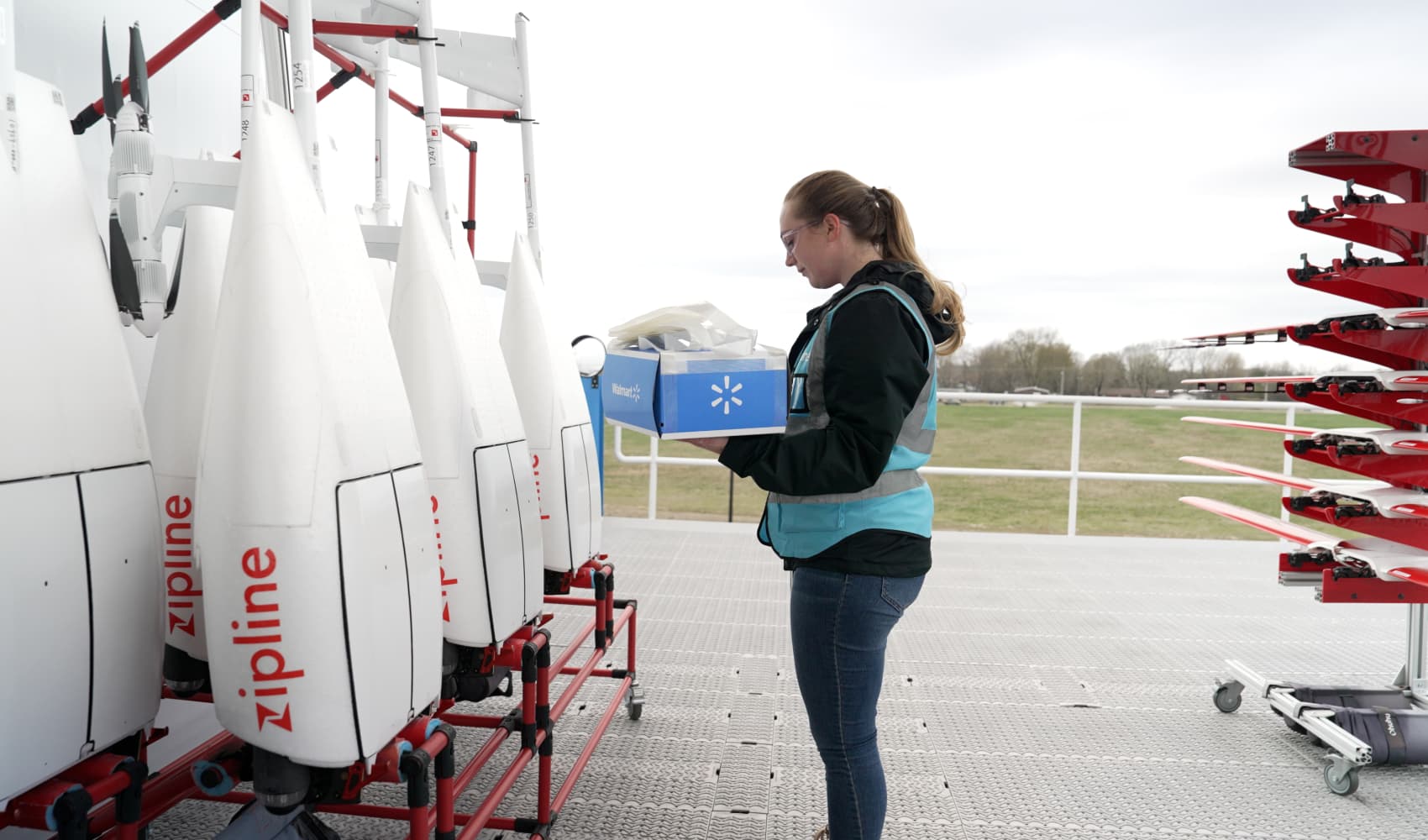
- The president said Medicare should be able to negotiate drug prices, and the price of insulin should be capped at $35 a month.
- Both of those proposals cleared the House in November as part of the Build Back Better Act, which ended up falling apart in the Senate.
President Joe Biden apparently hasn't given up on a proposal aimed at reducing prescription drug prices, especially for retirees.
In his State of the Union address Tuesday night, Biden called for capping insulin prices at $35 a month for all Americans, as well as allowing Medicare to negotiate prices with drug manufacturers — something that currently isn't permitted.
"I know we have great disagreements on this floor with this — let's let Medicare negotiate the price of prescription drugs," Biden said in his speech to congressional lawmakers.
Get DFW local news, weather forecasts and entertainment stories to your inbox. Sign up for NBC DFW newsletters.
More from Personal Finance:
Nearing retirement? Be sure to manage this big risk
Tips for saving at the pump as gas prices climb
3 last-minute moves to slash your 2021 tax bill
Both the insulin price cap and Medicare negotiation provisions were included in last year's proposed $1.75 trillion Build Back Better Act, which was a reflection of Biden's goal of strengthening the social safety net and tackling climate change.
However, the measure fell apart in the Senate late last year after clearing the House in November. In that bill, price negotiations with drug makers would have started in 2025 with up to 10 drugs year. That number would have reached 20 by 2028.
Money Report
The bill also included a provision to cap beneficiaries' out-of-pocket spending for Medicare's drug benefit (Part D) at $2,000 annually beginning in 2024 with yearly adjustments.
For some of Medicare's 63.3 million beneficiaries — the majority of whom are age 65 or older — limiting out-of-pocket drug spending could mean saving thousands of dollars per year because there currently is no cap.
Roughly 1.2 million enrollees spent more than $2,000 each on drugs delivered through Part D in 2019, according to research from the Kaiser Family Foundation.
It's uncertain whether lawmakers will revive efforts to pass Biden's domestic agenda and whether lowering drug prices will be included.






